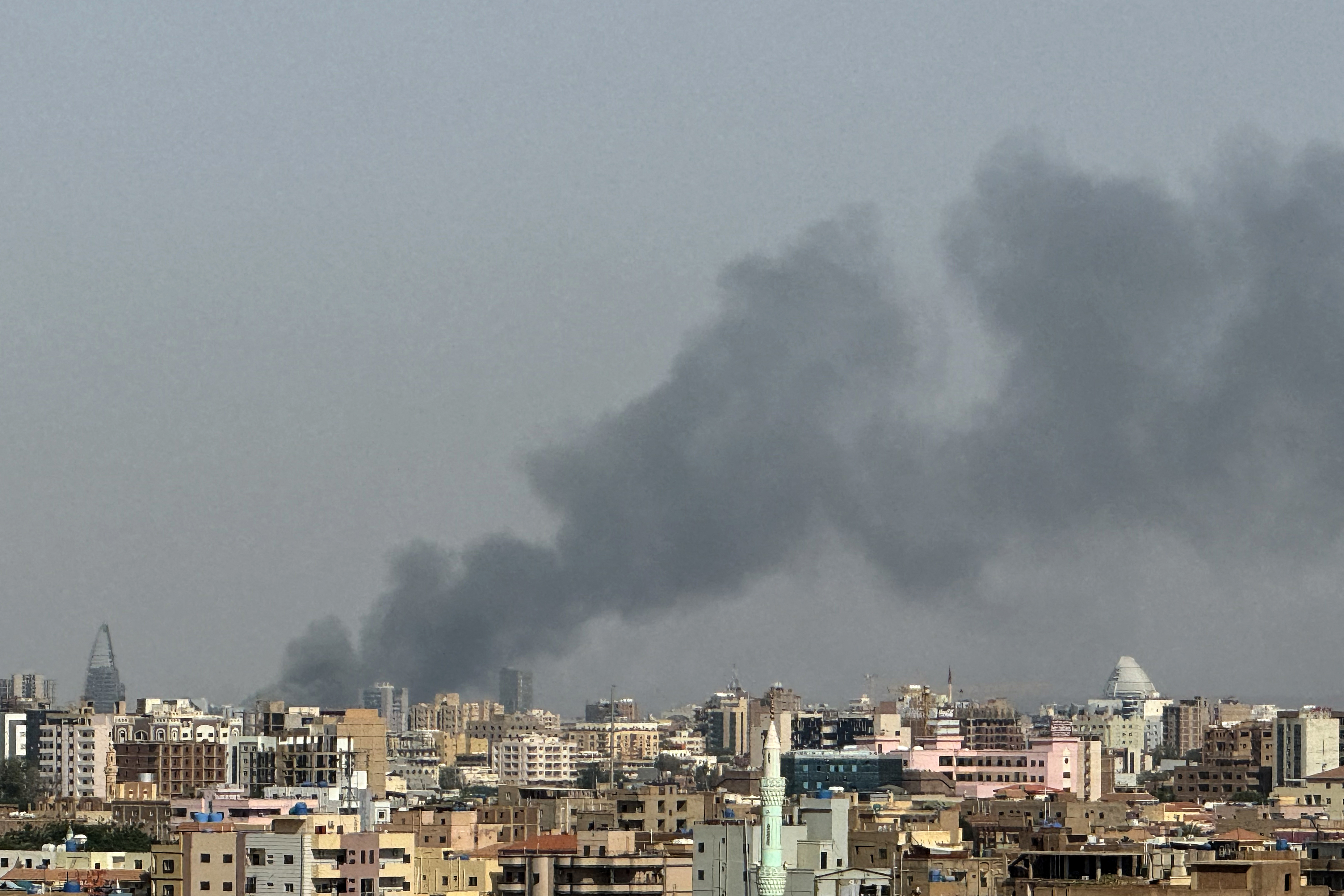
KHARTOUM - Residents in the south of the Sudanese capital Khartoum are suffering from deteriorating health services and the lack of essential medicines as epidemics continue to spread amid a prolonged civil war.
Insecurity and recurring violence in the region have led to a partial shutdown of medical facilities, limiting local access to healthcare services.
On Oct 5, the non-governmental organization Doctors Without Borders said it was forced to suspend activities at the Al Shaheed Waddalatela clinic south of Khartoum.
The "extremely difficult" decision came after three incidents of armed robberies within a month, which endangered the lives of staff and patients, the global medical charity said in a statement.
ALSO READ: Sudan faces 'unprecedented' hunger crisis amid global inaction, aid groups say
Meanwhile, "there is a significant shortage of medicines in all medical facilities in southern Khartoum," Rasha Idris, an official at the Khartoum State Health Ministry, told Xinhua, noting that local health authorities were coordinating with international organizations for medical aid delivery.
On Saturday, the obstetrics and gynecology department at the Bashair Hospital, one of the two main hospitals in southern Khartoum, said it became out of service due to a shortage of blood in the hospital's blood bank.
In a statement, the hospital called on nearby citizens to donate blood, noting that the emergency room could also be shut down if blood is not provided within 24 hours.
READ MORE: At least 30 dead, many missing after dam bursts in eastern Sudan
The ongoing conflict between the Sudanese Armed Forces and the Rapid Support Forces, which began in April 2023, has also disrupted healthcare services in other regions, including Darfur, West Kordofan, Gezira, and Sinnar.
The health crisis is further exacerbated by outbreaks of epidemic diseases, including cholera, malaria, measles, and dengue fever. The Sudanese Ministry of Health has so far reported over 25,000 cases of cholera and more than 700 related deaths, along with over 2,500 cases of dengue fever.


